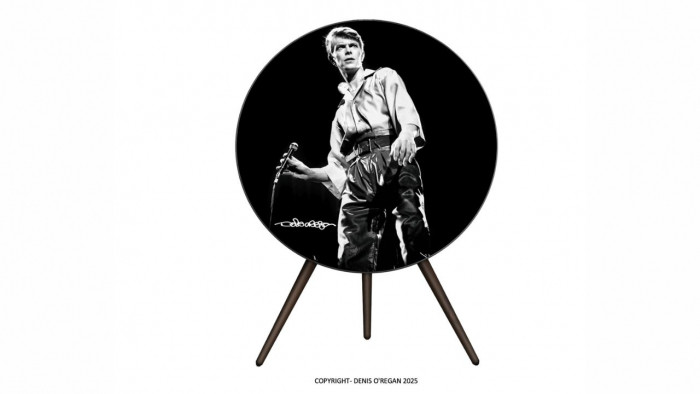It's 11.49pm. You're shattered. You know it's going to take feat of herculean effort to get out of bed tomorrow, yet despite this you can't suppress the urge for "Just one more cat video."
But these precious moments of feline-induced LOLs may well be robbing you of precious deep sleep, with experts from London's Evelina Children’s Hospital suggesting that bigger, "bluer and brighter" screens are seriously impacting your body's ability to create the sleep-readying hormone melatonin.
Their suggestion? Give phones a "Bed Mode".
Professor Paul Gringas of Evelina Children’s Hospital hopes that phone manufacturers will begin to realise that "at night-time 'brighter and bluer' is not synonymous with 'better'." Various frequencies of blue and green light emitted by phone and tablet screens are able to suppress melatonin production, as the body believes it's still day time.
"Ideally future software design could be better optimized when night-time use is anticipated," he and his team suggested in their study, published in Frontiers In Public Health. "Hardware should allow an automatic 'bedtime mode' that shifts blue and green light emissions to yellow and red as well as reduce backlight/light intensity."
By cutting the blue and green light, your body would be less likely to think it's still daytime, and melatonin production would kick in with your natural body clock.
Another effective short term alternative would be to wear a pair of orange-tinted, "blue-blocking" glasses while you're reading a Kindle or flinging irate birds around on your mobile before bed. That, or rediscover the lost art of reading a paper books.
Do you notice your phone disrupting your sleep? Let us know below.
(Image: Shutterstock)
[Via: Independent]
Latest
Related Reviews and Shortlists


Ten things you need to know about Hyrox









